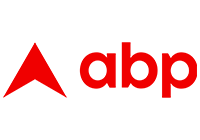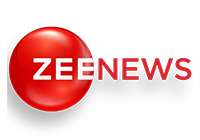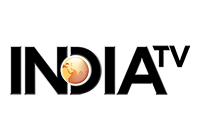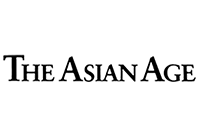
















Experience
Number of Patients
Satisfied Patients
The head of Derma Essence Clinic, Dr. Reena Sharma, is a passionate dermatologist with over 11 years of experience in the field. Her privately owned clinic offers the most advanced and innovative solutions to various skin problems. Her clinical specialization offers the best treatment and aftercare to patients of different age groups.
An MD-Dermatology, Venereology, and Leprosy, Dr. Reena Sharma is looked upon as one of the best dermatologists in Noida. With a practice of over a decade, she has treated thousands of clients with a high success rate. Her clinic uses the latest technology and offers minimally invasive solutions to various skin concerns. Dr. Sharma backs a team of knowledgeable and skillful experts, and as a team, their only aim is to offer the best skincare solutions to their patients.
Experience
Number of Patients
Satisfied Patients

